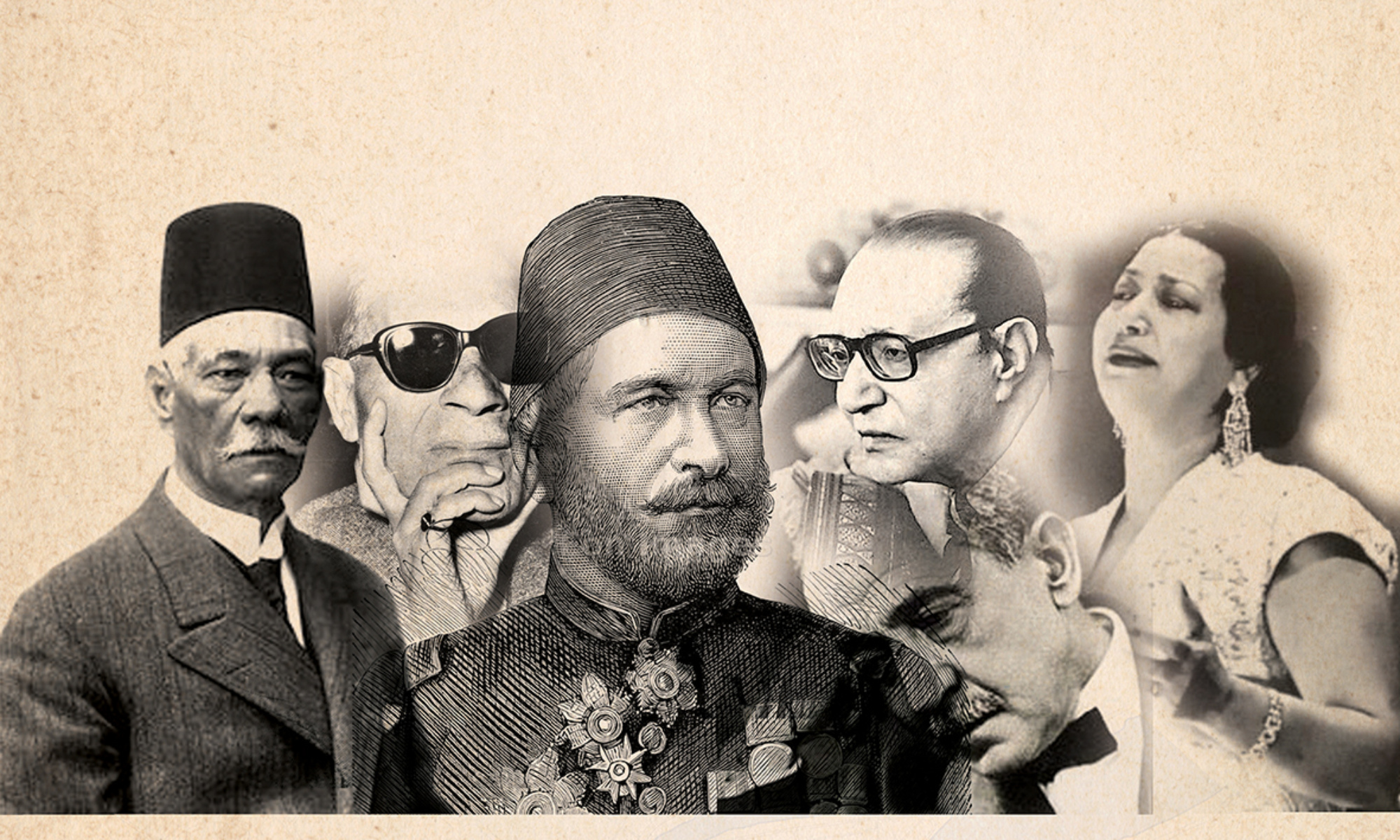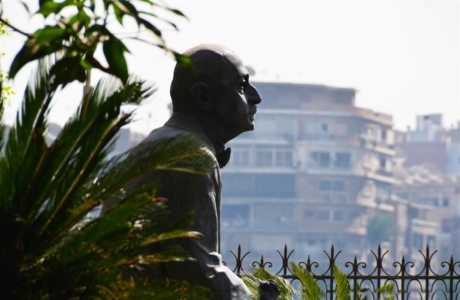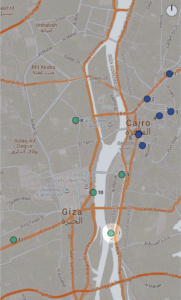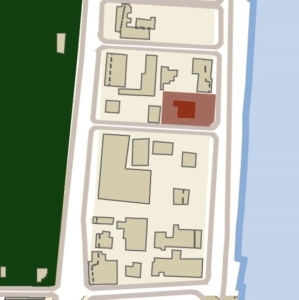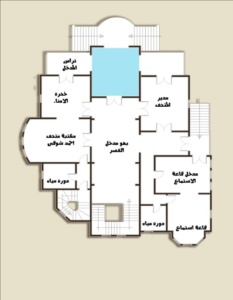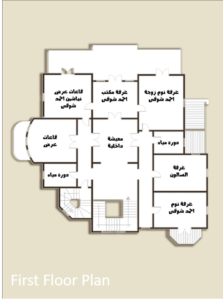متحف أحمد شوقي
Photo Gallery
| Address | 6 Ahmad Shawki street, Giza |
| Opening Hours | 9:00 am to 5:00 pm, Closed on Monday |
| Telephone | +20235729479 |
| Date of construction | ca. 1914 |
| Architect | Not Identified |
| Architectural style | Neo-classical |
| Date of Inauguration | 1977 |
| Affiliation | Ministry of Culture, Ministry of Tourism and Antiquities and Ministry of Agriculture |
Ahmad Shawki (1868-1932), is a key figure in Arabic literature. A poet of astonishing range and sensitivity, he was blessed with a good heart that earned him the love of thousands and patriotism that earned him the hatred of the British, who exiled him after the outbreak of World War I. Upon his return to Egypt in 1920, he was crowned by his peers as the Prince of Poets or Amir al-Shu’ara’. Shawki studied initially in Montpelier and in Paris to become a lawyer, but he later became one of the most prominent figures of the Arab literary culture.
The museum is his own house. It is a beautiful building overlooking the Nile in Giza. He first acquired it in 1914 and named it Karmit ibn Hani’. In 1977, it was transformed into a museum. The collection contains the poet’s trophies, medals, certificates and personnel items. His personal library has 332 books. It also houses more than 700 valuable draft manuscripts of poems hand-written by Shawki himslef. An audio library can be consulted, containing records with the voice of Muhammad Abd al-Wahab singing in the presence of Shawki, who was the one to introduce the composer to the public. A monumental bronze statue adorns the garden of the house. It was made by the artist Gamal al-Sigini, who gifted it to the museum in 1982 to commemorate fifty years after the death of Shawki. The statue is a replica of another one made in 1962 by the same sculptor and commissioned by the Italian government. It is now standing in Villa Borghese in Rome, along other world artistic figures.
